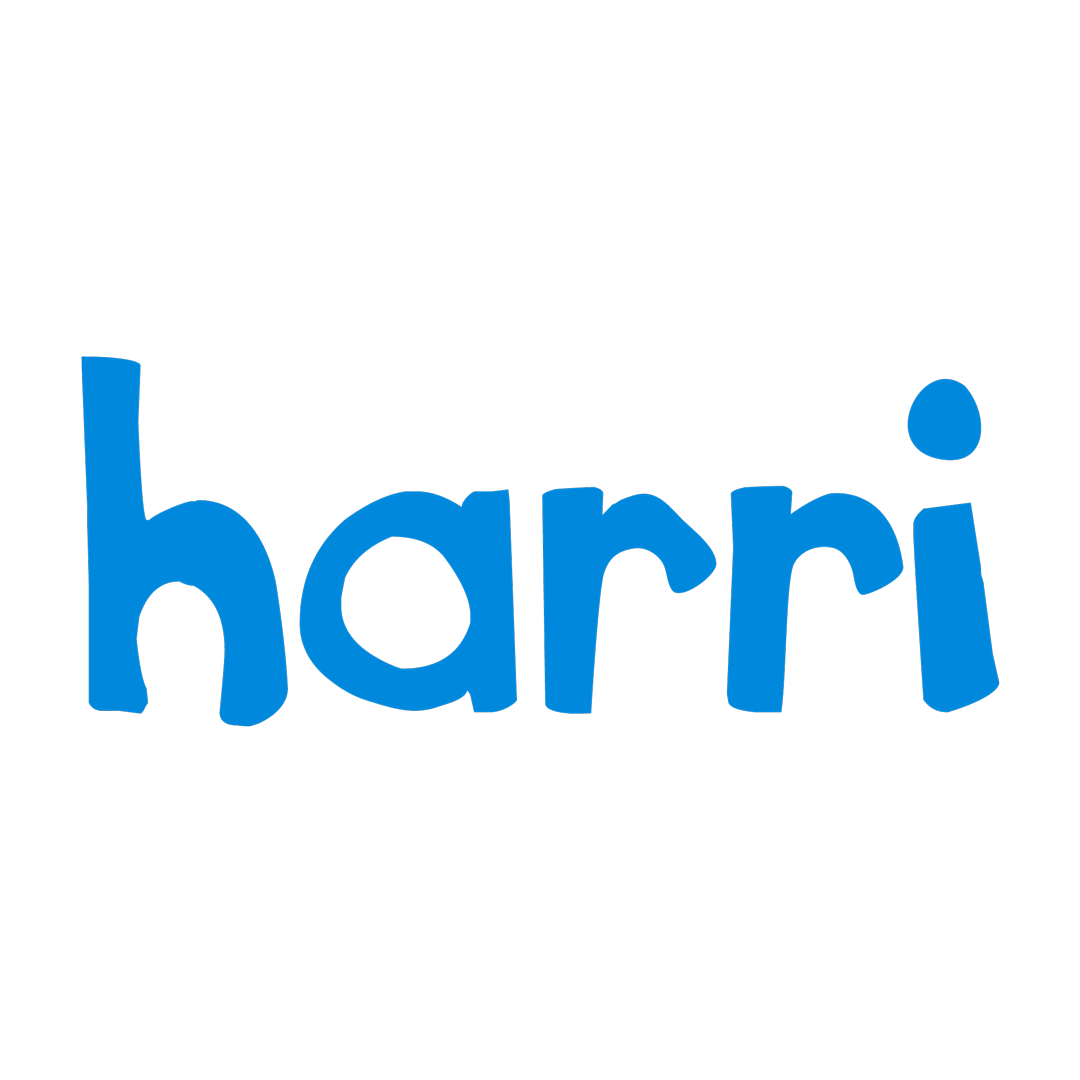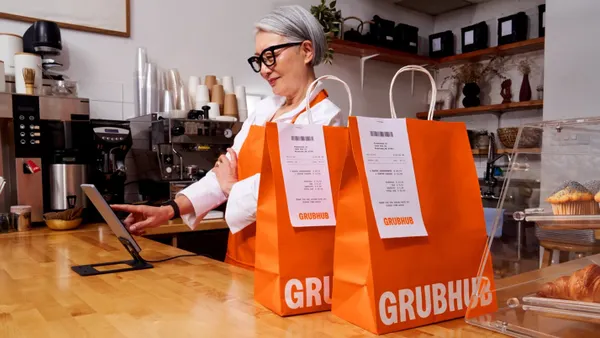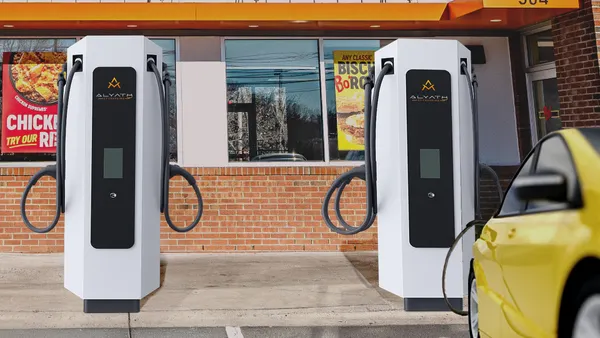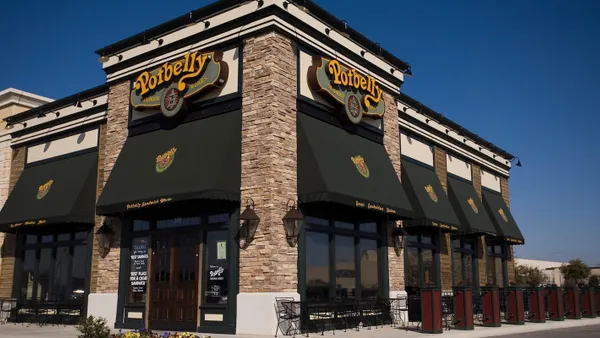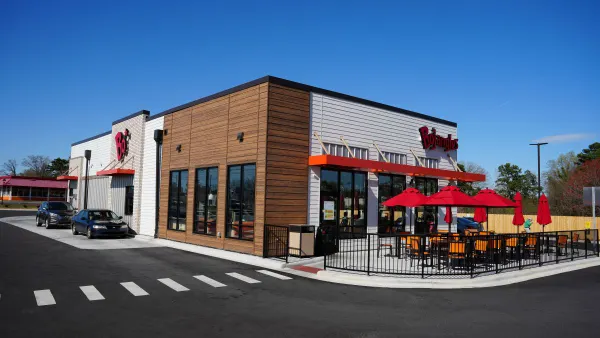Dive Brief:
- One of Yelp's top five shareholders called for new board members and a management overhaul, SQN Investors announced Monday in a public letter. The Redwood City-based investment company, which owns 4% of Yelp, blames the lack of strategic direction and slow pace of innovation for repeated missed earnings.
- Google and Facebook have amassed a robust user review system, SQN founder Amish Mehta says in the letter, while Uber and Airbnb have successfully infiltrated the food delivery and local discovery business. These competitors have amassed $26 billion in market capitalization compared to Yelp's $2.9 billion.
- SQN notes key moments in the past five years, starting with an allegedly untested sales coverage change in 2013 and ending with reportedly the "worst-paying" advertising net adds since going public. Yelp has fallen short of earnings expectations in 12 of the last 19 quarters, with the company's stock tumbling from a 2014 high near $100 per share to around $34 today, according to Macrotrends data.
Dive Insight:
Yelp defended itself on Monday saying its directors have been active and engaged, and are looking to add additional skillsets and enhance and strengthen its board, according to the AP. But SQN's assessment of the company's competition paint a grim picture of its performance.
The online review pioneer, now with 24 million reviews, lost its throne to Google in 2015, according to ReviewTracker. Though still in second place, TripAdvisor and Facebook have been gaining ground. Nearly two-thirds of consumers check Google before visiting a business, while 45% check Yelp. By no means has Yelp been rendered irrelevant, but it's lost out to Google's ubiquity and powerful search engine.
Today, Google Maps users can search for nearby restaurants and filter by price, rating and cuisine. Google, which acquired Zagat in 2011, doesn't regulate reviews in the same way as Yelp, though. Nonetheless, Yelp has felt this oncoming wave, combating it by forcing users to download the app to read full reviews, but that might have chased away casual users.
Yelp had a brief foray in the delivery business when it bought Eat24 in 2015, but sold it to Grubhub last year for $287.5 million. Instead, it has been building up its Yelp Reservations platform, acquiring SeatMe in 2015 for $12.7 million. In 2017, Yelp slung $40 million on restaurant technology upstart Nowait to augment waitlist capabilities.
Yelp's reservation platform has received mixed reviews from users and restaurants — both of which cite inefficiencies and mistakes as common problems. Still, this platform gives it a foothold in the fast-growing reservation game, which has been surging with consolidation and partnerships of late. Priceline bought OpenTable, which partners with TripAdvisor; Resy, which teamed up with Airbnb, bought Reserve; and Tock also landed more funding. The new players strive to provide restaurants with a better reservation system with lower fees than OpenTable.
But as SQN says in Monday’s letter, Yelp has struggled to keep up with this competition. Business analysts posture that while the user review model was novel when it launched in 2004, it can't sustain an entire business today. Nor can advertising dollars — another way Google is beating Yelp — from reluctant restaurant owners provide the only cashflow.
Nonetheless, Yelp might be getting back on track since integrating with Grubhub and introducing a video review feature this year.







